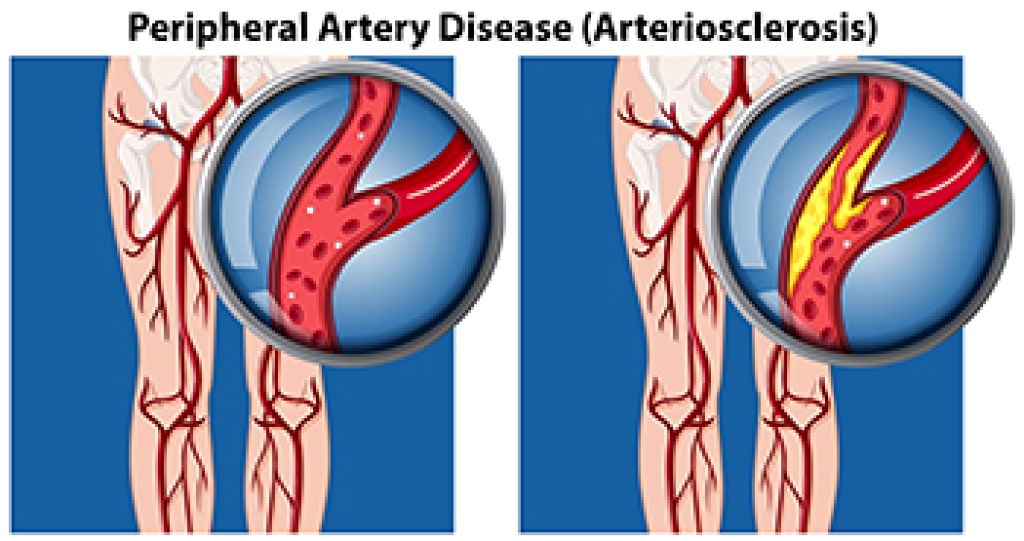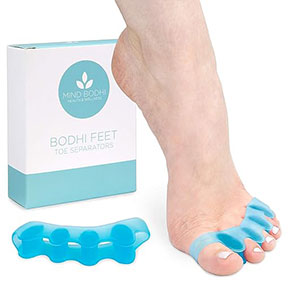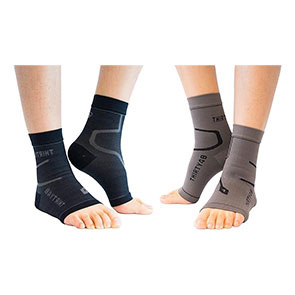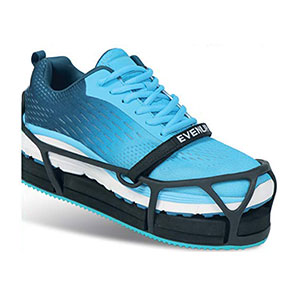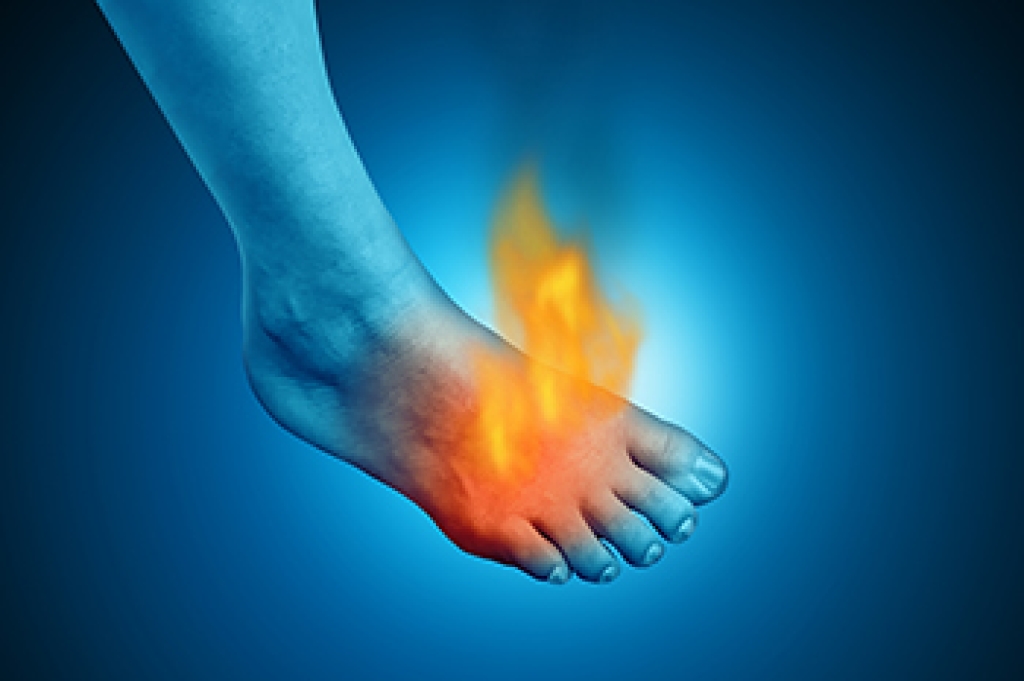
Erythromelalgia is a rare condition that affects blood flow and nerve function, often causing intense burning pain in the feet. Symptoms may include redness, warmth, swelling, and severe discomfort that worsens with heat, walking, or standing. Many people notice flare-ups at night or after activity, making sleep and daily movement difficult. The condition may occur on its own or be associated with nerve disorders, autoimmune disease, or blood-related conditions. Because symptoms can fluctuate, management focuses on identifying triggers and reducing flare intensity. Cooling strategies, activity pacing, and careful footwear selection may help, although excessive cold exposure should be avoided. Medications aimed at nerve pain or circulation issues are sometimes used as part of treatment. Early evaluation is important to rule out other causes of burning foot pain and guide care. If persistent burning, redness, or foot pain develops, it is suggested that you see a podiatrist for a proper diagnosis and appropriate treatment.
Some foot conditions may require additional professional care. If you have any concerns, contact Kinna Patel, DPM of Sava Podiatry & Wellness Centers. Our doctor can provide the care you need to keep you pain-free and on your feet.
Rare Foot Conditions
The majority of foot conditions are common and can be treated by a podiatrist. Standard diagnostic procedures are generally used to identify specific conditions and treatment can be rendered. A podiatrist also treats rare foot conditions which can be difficult to diagnose and may need extra attention and care.
There are many rare foot conditions that can affect children. Some of these can include:
- Freiberg’s disease
- Kohler’s disease
- Maffucci syndrome
Freiberg’s disease - This can be seen as a deterioration and flattening of a metatarsal bone that exists in the ball of the foot. It typically affects pre-teen and teenage girls, but can affect anyone at any age. Symptoms that can accompany this can be swelling, stiffness, and the patient may limp.
Kohler’s disease - This often targets the bone in the arch of the foot and affects younger boys. It can lead to an interruption of the blood supply which ultimately can lead to bone deterioration. The patient may limp or experience tenderness, swelling, and redness.
Maffucci syndrome - This affects the long bones in a child’s foot leading to the development of abnormal bone lesions. They are benign growths and typically develop in early childhood and the bones may be susceptible to breaking.
A podiatrist can properly diagnose and treat all types of rare foot conditions. If your child is affected by any of these symptoms or conditions, please don’t hesitate to call our office so the correct treatment method can begin.
If you have any questions, please feel free to contact our office located in Smyrna, GA . We offer the newest diagnostic and treatment technologies for all your foot care needs.

